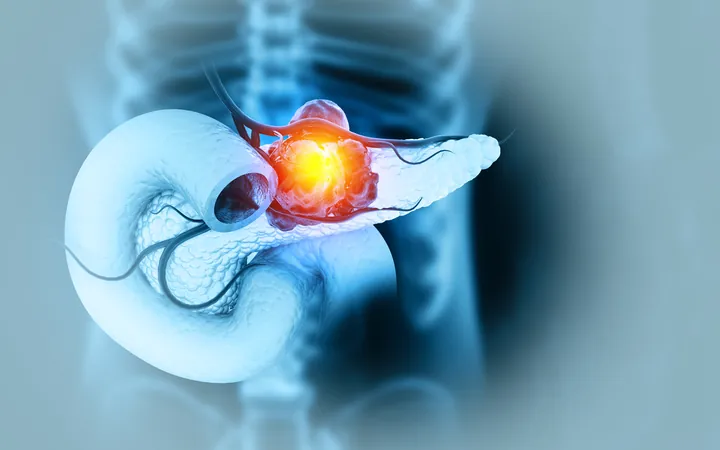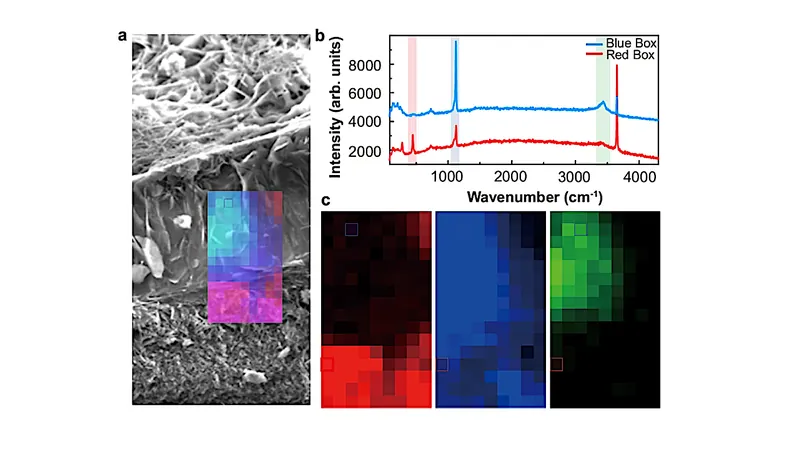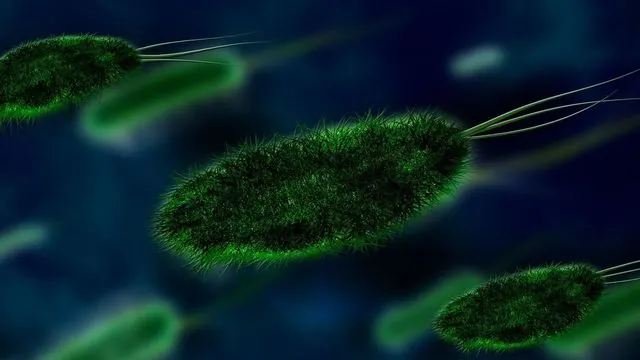
Surprising Findings Reveal the Complex Role of Adjuvant Chemotherapy in IPMN-Derived Pancreatic Cancer
2024-09-19
Unveiling the Study
The comprehensive study analyzed data from 1,031 patients across 16 leading medical centers under the Verona IPMN Consortium, with treatments occurring between 2005 and 2018. Key clinical markers indicated that a striking 54.9% of patients had elevated CA19-9 levels, a tumor marker often associated with pancreatic cancer, and 43.6% of these patients presented with node-positive disease. The primary objective was to determine how adjuvant chemotherapy impacted overall survival rates.
Key Discoveries
Among the patients analyzed, a significant 63.5% were administered adjuvant chemotherapy. The findings further revealed concerning factors linked to poorer survival rates: nodal disease presented a hazard ratio (HR) of 2.88 (P < .001), highlighting its grave implications. Elevated CA19-9 levels also contributed to a diminished prognosis (HR = 1.44, P = .006 for moderately elevated, and HR = 2.53, P < .001 for markedly elevated levels). Remarkably, patients receiving adjuvant chemotherapy experienced a 34.4-month improvement in median overall survival if they had node-positive disease with elevated CA19-9 levels. However, the study also revealed a sobering fact: no significant survival benefits from adjuvant chemotherapy were observed in node-negative patients, irrespective of their CA19-9 status. This underscores the crucial need for tailored treatment approaches when dealing with pancreatic cancer.
The Overtreatment and Undertreatment Conundrum
The researchers highlighted a striking imbalance in treatment approaches. Their analysis suggested that 18.1% of patients may have been undertreated, while a staggering 61.2% might have been overtreated. Factors influencing the decision to administer chemotherapy included younger age, R1 resection margins, poorer tumor differentiation, and the presence of nodal disease.
Call for Future Research
The authors emphasize that nearly half of patients with resected IPMN-derived PDAC may not be receiving the optimal chemotherapy treatment that aligns with their clinical profiles. They proposed a decision tree to assist in tailoring treatment decisions and underscored the urgent need for randomized controlled trials to validate their findings. Christopher L. Wolfgang, MD, PhD, from New York University Grossman School of Medicine, served as the corresponding author for this critical study, which raises vital questions about standard treatment protocols in a disease that is notoriously difficult to manage. As we progress in understanding pancreatic cancer's complexities, striking the right balance in treatment could make all the difference for patients navigating this daunting diagnosis. Stay tuned for updates as further research unfolds!



 Brasil (PT)
Brasil (PT)
 Canada (EN)
Canada (EN)
 Chile (ES)
Chile (ES)
 España (ES)
España (ES)
 France (FR)
France (FR)
 Hong Kong (EN)
Hong Kong (EN)
 Italia (IT)
Italia (IT)
 日本 (JA)
日本 (JA)
 Magyarország (HU)
Magyarország (HU)
 Norge (NO)
Norge (NO)
 Polska (PL)
Polska (PL)
 Schweiz (DE)
Schweiz (DE)
 Singapore (EN)
Singapore (EN)
 Sverige (SV)
Sverige (SV)
 Suomi (FI)
Suomi (FI)
 Türkiye (TR)
Türkiye (TR)